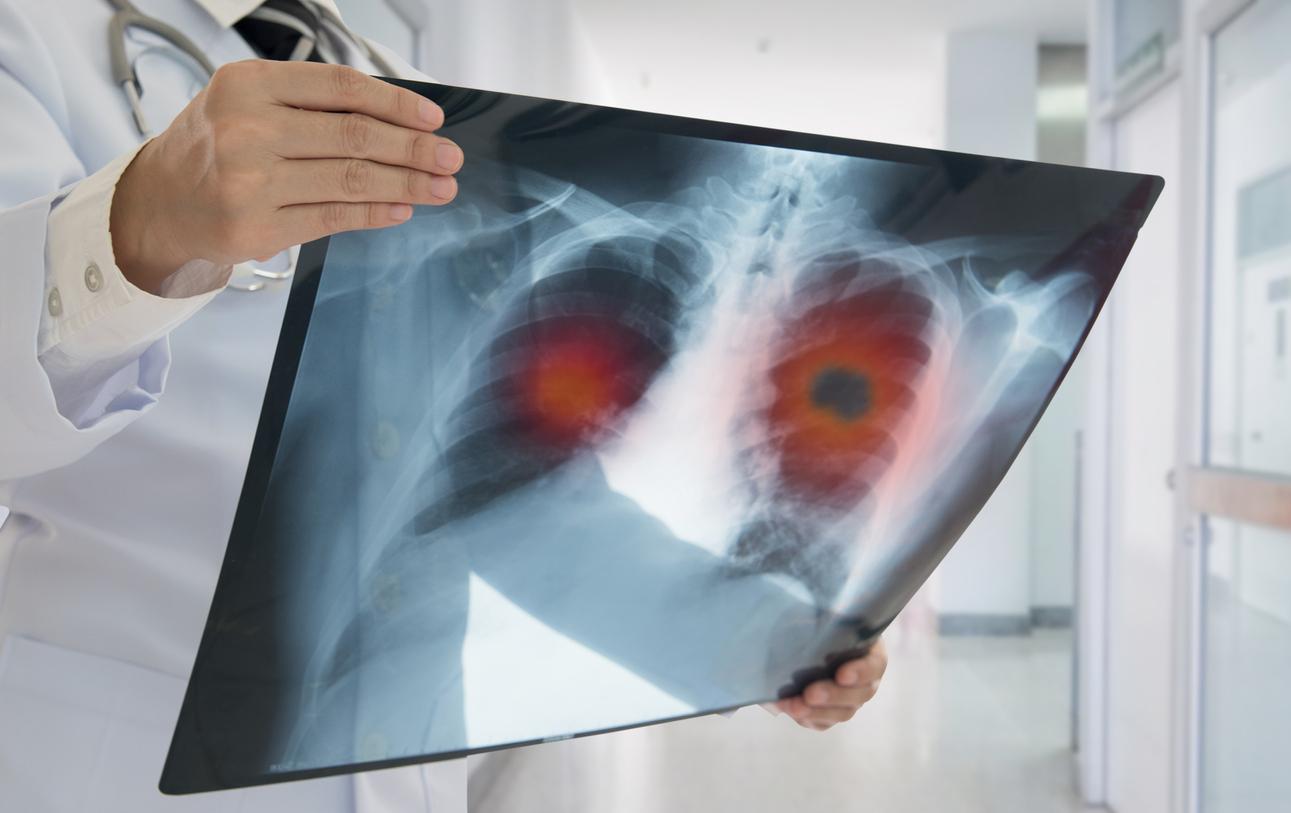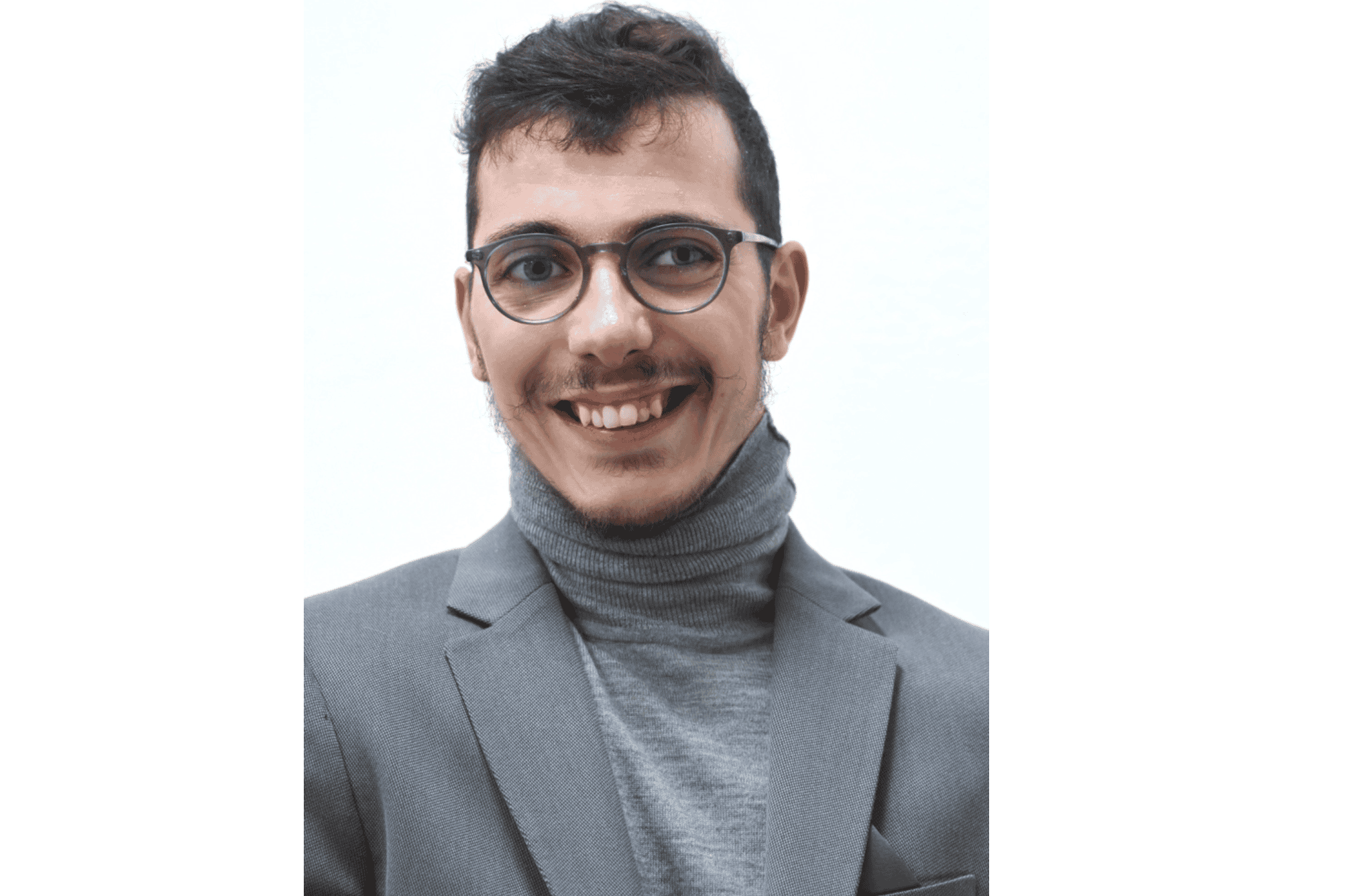At only 52 years old, Lisa has been battling lung cancer for a long time. Here is his story.

– Why doctor: What type of lung cancer do you have?
Lisa- I have small cell lung cancer with the ROS1 mutation.
– When were you diagnosed?
I was diagnosed in the summer of 2016. I was 45 at the time.
– How did it go ?
I had a lingering ENT infection, I was coughing and I was tired. My doctor first thought of an allergy or reflux, so I tried different treatments with no success. After a while, I was prescribed an x-ray, which I took a long time to do because I had just started a new job. When I finally realized it, the doctor spotted a spot in my lungs and asked me to do a CT scan quickly. When giving the results of the examination, the doctor then asked me: “You smoke ?”. I answered “No”. He then exclaimed: “Great! So you have a cancer that heals well!”. I let you take the measure of the violence of this announcement…
– Did you have any risk factors?
No way. None of my immediate family has ever suffered from lung cancer, I have never smoked* and I do not live in an area with high radon exposure.
I have a pathology with mysterious origins, which mainly affects women** and young people.
– How are you taking care of yourself today?
I first received targeted therapy and then a combination of radiotherapy and chemotherapy which were not effective. So I went back to another targeted therapy that I’ve been taking orally for 4 years.
I’ve tried five different treatments so far, as you can become resistant to them over time.
I take advantage of this question to specify that my current medicine does not have marketing authorization (Marketing Authorization) and is therefore not reimbursed in my pathology.
– Can we speak of remission in your case?
No, we are not talking about remission, because even if the images show that I have had nothing in my lungs for two years, my cancer is still at risk of flaring up if I stop my treatment. Rather, it has become a kind of chronic disease.
– What are the effects of the treatments on your body?
With the targeted therapy, I have a practically normal life, despite some undesirable effects such as weight gain (+20 kilos) and hypercholesterolemia.
Chemotherapy and radiotherapy, on the other hand, had quite strong impacts, in particular causing me vomiting and extreme fatigue. I spent my day in bed and I couldn’t even take a shower by myself, I had to sit down. On the other hand, I have not lost my hair or my eyebrows, which means that in my case, the disease is not visible.
– And on your mind?
My current treatment causes concentration problems, for example I search a lot for my words and I struggle to read several pages of the same book.
This disease has also led me to take antidepressants that I have not been able to stop since the announcement of the diagnosis.
– For what ?
Because it’s hard to live with a sword of Damocles hanging over your head. Concretely, I cannot, for example, know if I will be there or not to celebrate the next birthday of my 11-year-old son.
– Does the disease have an impact on your daily life?
Yes. On a personal level, I am now a “single mom” because my couple did not resist the test of the disease (we separated two years ago).
And professionally, I’m on disability, and I don’t work “more … than” volunteer for the association My Lung Cancer Network while animating conferences in parallel.
– Are you satisfied with your medical care?
Yes, even if the announcement of my cancer was violent and I felt a bit alone in the world at the start of my illness: I didn’t know which pulmonologist to turn to.
But since then, I have chosen a team of caregivers who provide me with the best molecules and with whom I am satisfied.

– In your opinion, would there be things to improve for patients with lung cancer in France?
We are fighting so that patients all have access to innovative treatments like me, which is unfortunately not the case today.
We are also campaigning for tests to diagnose mutations to be done at the start of the disease and not in the second line.
I think there are also things to be done in terms of screening, which today boils down to just a few small pilot projects.
– The case of the singer Florent Pagny has given a lot of media coverage to this disease lately. Is this a good thing in your opinion?
Absolutely, because it greatly contributes to the destigmatization of this disease.
*20% of lung cancers are not caused by tobacco.
** In France, more and more women are developing lung cancer.










-1739366311.jpg)





